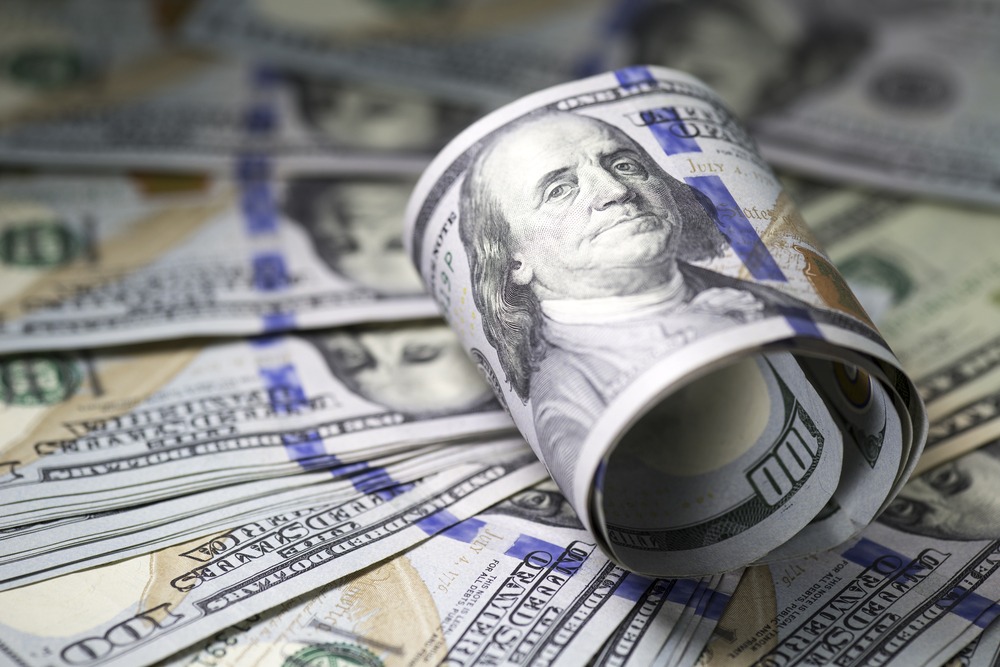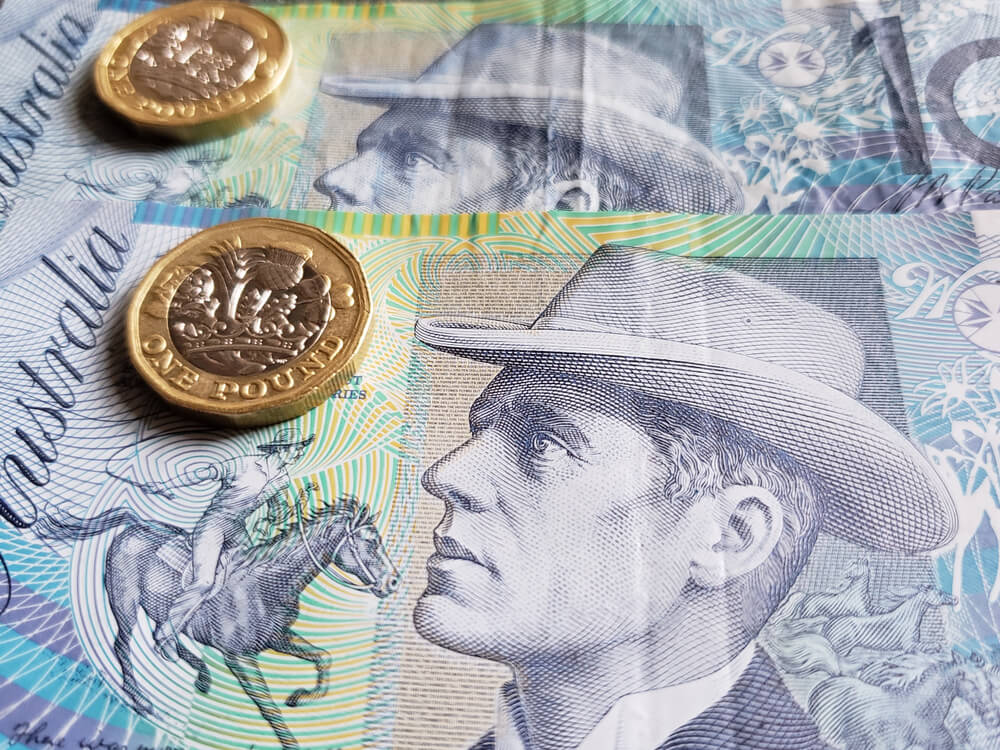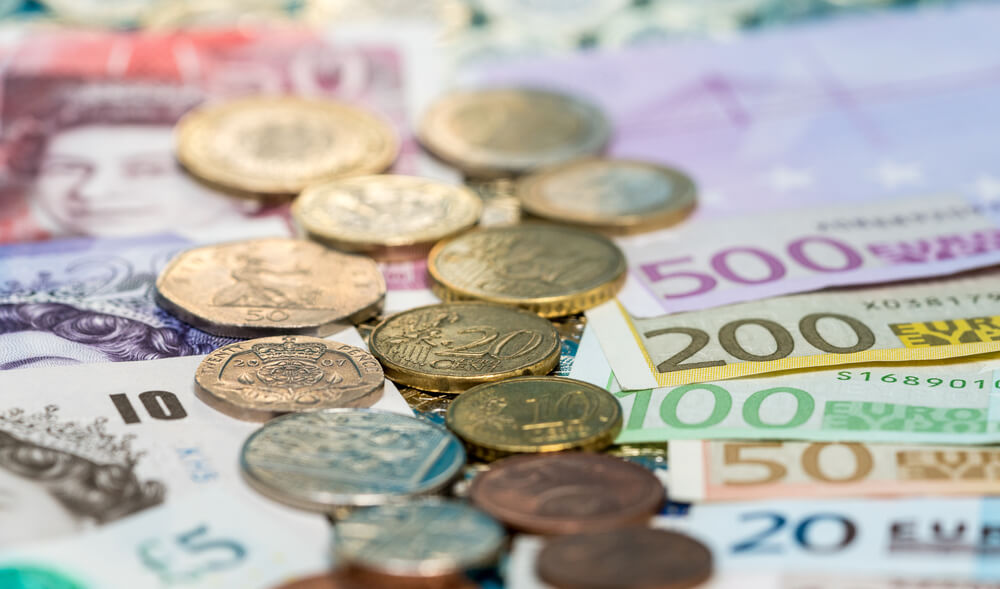The Federal Open Market Committee (FOMC) pledged to push this week for aggressive monetary stimulus . A near-term spike in inflation would prove temporary, it said. This was amid projections for the strongest U.S economic growth in nearly 40 years.
On Friday, the U.S. dollar lost early gains. Treasury yields drifted lower from near 14-month highs, as investors digested the Federal Reserve’s pushback against early interest-rate hikes.
The dollar index shed about 0.1% at 91.689 after edging up 0.2% in early Asian trading.
The euro gained against the dollar after posting its worst day in two weeks on Thursday. Moreover, the British pound climbed 0.1% to $1.3951.
The benchmark U.S. 10-year yield rose to a more-than-one-year peak of 1.754% overnight then eased to 1.6821%.
The yen dipped briefly after the Bank of Japan widened its target band for the 10-year yield by an implicit 5 basis points.USD/JPY was down 0.1% at 108.81. This move had been trailed in the press.
BoJ Governor Haruhiko Kuroda undermined suggestions that it was tightening its policy.
The greenback was last down 0.1% at 108.760 yen after small gains overnight. After tumbling 0.5% on Thursday, the euro stood at $1.1935.
GBP/USD ticked up 0.2% to 1.3951, after weakening 0.3% a day earlier. This was on concerns that the U.K.’s vaccination campaign was slow compared to the U.S.
On Thursday, the Bank of England maintained its easy policy stance at its meeting. It warned the outlook for Britain’s recovery remained unclear.
More Currency Movements
With the emerging markets, USD/RUB fell 0.3% to 74.115 with Russia’s central bank meeting later Friday. Investors expect to keep interest rates on hold at 4.25%. Although, pressure is building on the central bank to tighten policy.
High food prices and currency that’s weakened by sanctions have driven inflation to the fastest pace in four years.
Two of the world’s biggest emerging markets are Brazil and Turkey. To rein in inflation, both hiked rates by more than expected earlier this week.
USD/TRY dropped 0.4% to 7.2904. This means that the lira has gained more than 3.5% against the dollar this week.
The Turkish central bank made a 200bp adjustment to the policy rate. That was on the back of declining global risk appetite, an uptrend in commodity prices and a weakening lira, adding to elevated inflation risks. This was from a research note by ING analysts.
















